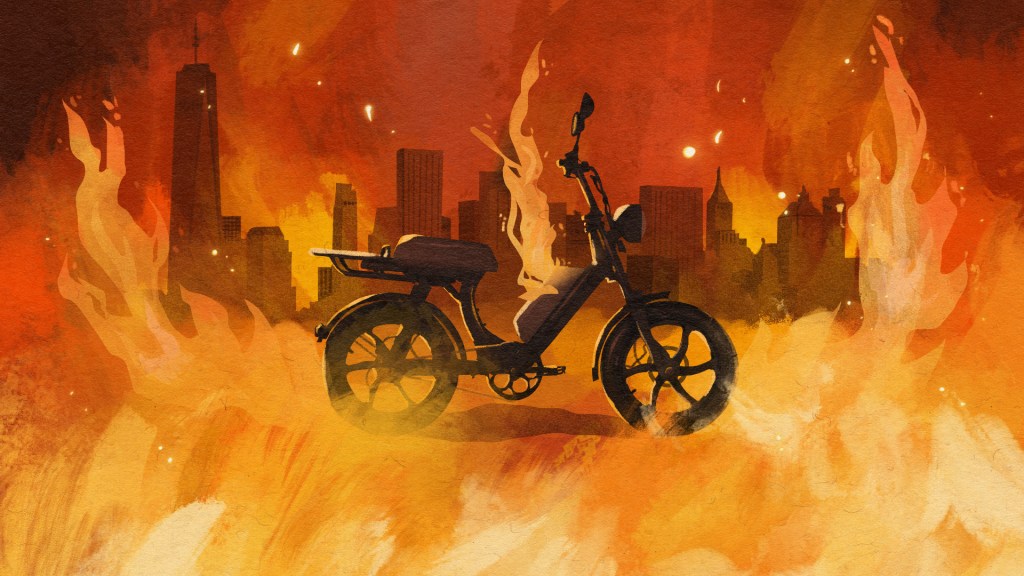The death of a childhood pet is a sad occasion, whether it’s a dog or a goldfish or a Tamagotchi.
Except that some pets never die. Neopets, the virtual pet community founded in 1999, is still going today. The website allows its users to raise digital pets, with the promise that however starved and neglected they become they will continue to live forever. Drawing a community of fans across age brackets, the site acted as training for social media and, to a wider extent, the real world economy: each game was a source of Neopoints, which you could trade to feed and clothe your pet.
Videos by VICE
And now Neopia is undergoing something of a revolution. After rumours on subreddits and forums of it being shut down, Neopets announced that a number of long term employees had been let go in early March due to a “restructuring” of resources. The message from David Lord, CEO of Jumpstart (the company which bought Neopets from Viacom in March 2014), stressed a commitment to continuing Neopets and producing new content, a promise which has been met with skepticism among some fans.
Speaking in an email, Lord elaborated on his plans, which focus on updating the workings of the site. “After the acquisition of Neopets by Jumpstart, we took some time to analyze and decide the best course of action for modernizing the technology behind the site,” he said. “Once we made the decision to upgrade the technology, the effort was a bit bumpy at times.”
This likely includes developing the site’s mobile capabilities. The main Neopets site’s tendency to slow and malfunction on mobile has long been a source of frustration.
In his email, Lord said the “technology overhaul” is nearly complete, and that the team has switched its focus to “the events and stories that make Neopets one of the longest-running social and virtual world environments around.” He sought to reassure that Neopets is not being shut down any time soon: “We are absolutely continuing with the site! We will be looking at ways to expand Neopia to other platforms (i.e. mobile, Facebook, etc) and deliver a robust, entertaining game to both existing and new users.”
Asking how to “win” Neopets is like asking the meaning of life
It was always going to be difficult overhauling a game which saw its fans through childhood into adulthood while remaining (relatively) unchanged itself. I spoke to a longtime member of the Neopets community by email, who requested that they remain anonymous so as not to speak in an official capacity for their website.
“One of Neopets’ greatest features was that it was so many different things to so many different people,” the player said. “You could level up the stats on your Neopet and go battle, or play for high scores in the hundreds of games on the site. You could build up your shop into a ‘mall,’ or you could focus on reading as many books as you could to make your Neopet the smartest in Neopia.”
Your only task in Neopets is to keep going. You must form your own ambitions, work hard and be nice to people. There is no single end goal: asking how to “win” Neopets is like asking the meaning of life.
Fifteen years since it began, Neopets retains a small but very dedicated fanbase. Some of the older fans are now concerned that a piece of their childhood is being changed: “A lot of the uproar over the past couple of days has been around Neopians not knowing what the future holds. There’s some anxiety around whether the Neopets we all fell in love with will to be able to stick around… With all of the people gone who made Neopets what it is over the past 15 years, I’m not sure it’ll ever be able to progress forward in the same whimsical way it used to.”

A Neopet plushie. Image: Diana/Flickr
The site still attracts several thousand users at any one time, who remain emotionally invested in the game. BuzzFeed listicles pay the game homage and there are subreddits dedicated to Neopet currency, in-game trading, group challenges and games, and a general Neopet subreddit with over 10,000 subscribers.
But this activity pales next to what Neopets was at its height. In 2005 it reported 92 million accounts, ran cross-promotional campaigns with McDonald’s (Neopets plushies were free with Happy Meals), and signed a deal with Warner Brothers to produce Neopet feature films.
Neopets offered a benign and heavily moderated world for children to vanish into in after-school hours. But beyond this it also offered the thrill of early experiments in capitalism: to play Neopets was to see your time as money, and every activity was woven into the Neopian economy.
“That’s definitely an addictive part of Neopets,” my source told me. “There are plenty of people who take advantage of supply and demand.” The capitalist subtext to Neopets has been investigated in the past, especially Neopoint inflation and the emerging disparity between Neopoint hoarders and impoverished casual gamers (cue YouTube videos entitled “Neopets: How to restock and MAKE BANK YALL“).
But earning money was always part of the game: the work ethic built into Neopets corresponds with the game’s own startup myth of a little company that could. In real life, Adam and Donna Powell, Neopets’ founders, created the game as undergraduates at Nottingham University back in 1999. It took off almost instantly, attracting 2.2 billion page views per month. By 2000 they had moved the company to LA, and the following year they declared Neopets the “stickiest” site on the internet, keeping viewers for 117 minutes per week (quaint by today’s standards when Americans spend an average of forty minutes per day on Facebook).
“We too are amazed at the longevity of the Neopets site and how engaged the user base is.”
By 2005, Neopets was bought by Viacom for $160 million: the Powells’ hard work and creativity had paid off. Contrast the Powells with the fictional figure of Dr Sloth, the alien villain of Neopia who represents laziness and greed, and the message of Neopets becomes clear. Sloth’s quotes, listed on fan site JellyNeo, include “Neopia. What a lovely planet. I think I’ll take it” and “Before trying to take over the world, it’s perfectly fair to give yourself an unfair advantage.”
But love and hard work aren’t always enough. Neopets began as free to play, running on immersive advertising, and in 2004 a premium version was launched promising a site without the banner ads. Then 2007 saw the opening of a Neocash Mall where virtual items could be bought with real, offline money via Paypal. It was met with outrage among players, who discovered that purchasing rarer, more expensive mall items could afford the player in-game advantages.
Neopets tried to placate the community with a game offering a chance to win Neocash (around $1.50 per play) but this failed to distract from the change which had occurred: you could buy your way in to Neopia now. Every player could become a Dr Sloth.
Fast forward to 2014, and educational software company Jumpstart purchased Neopets and its spin-off community Petpet Park, created in 2008. The latter quickly ceased operations and was taken offline with a week’s notice, prompting petitions for its return by angry users and creepy-sad tributes on YouTube.
Despite its remaining core of users, Neopets already appears to be somewhat stagnant. Over on one Reddit thread, users ask “Is Neopets down again?” They complain of bugs which have gone unfixed, updates needed, the slow website and its failure to adapt to mobile users. Several point out glitches which prevent new users even activating their accounts.
“We too are amazed at the longevity of the Neopets site and how engaged the user base is,” Lord told me in his email. “We are working on modernizing the technology behind the site, as well as expanding the offering to include mobile and Facebook options.”
When you grow up you give your childhood toys away, or stash them in bags in the attic. The online version presents more of a problem: a community can hang around, however diminished, but their devotion will never be enough to keep the ball rolling. Just as Neopets need food and attention to keep going, a site will languish without users.
Can something remain “Neo” for over fifteen years? One study suggests the average lifespan of a social network is 11 years. The average lifespan of a dog is 10 to 13 years. A cat’s is 12 to 15. Neopet fans might protest at recent developments, but their pets have lasted longer than most.



